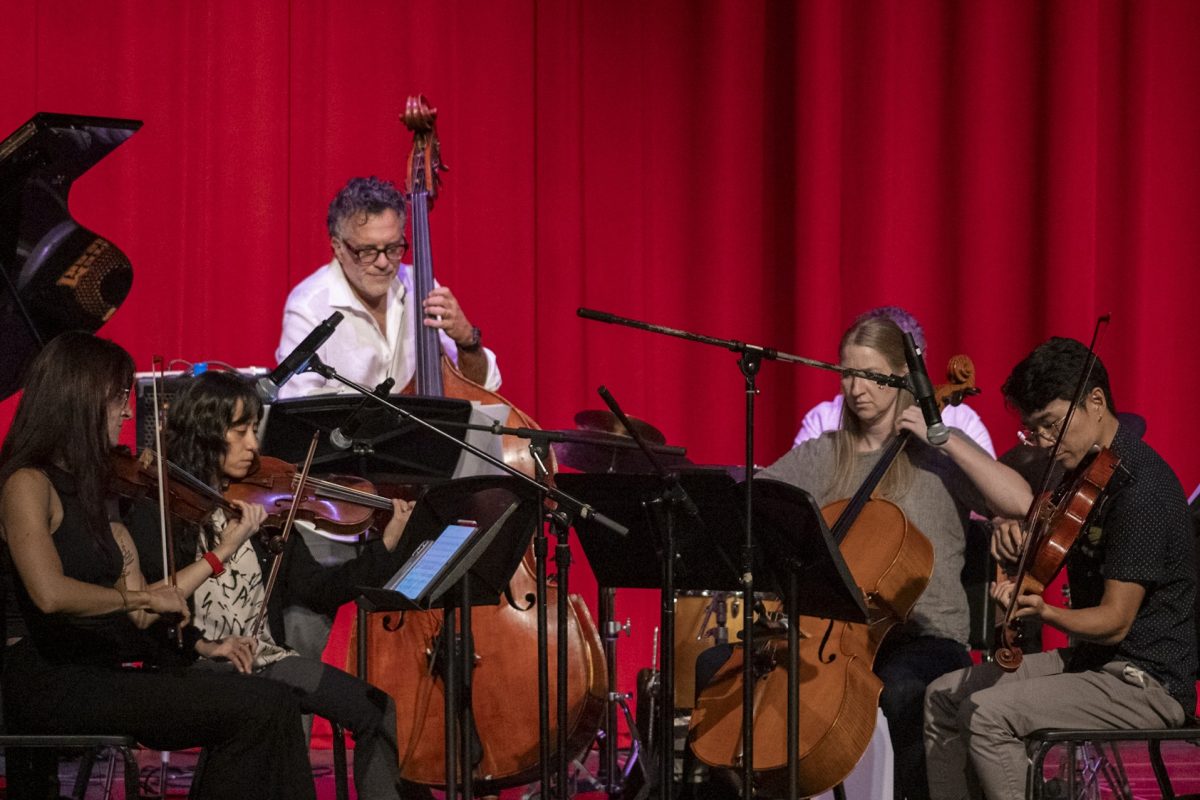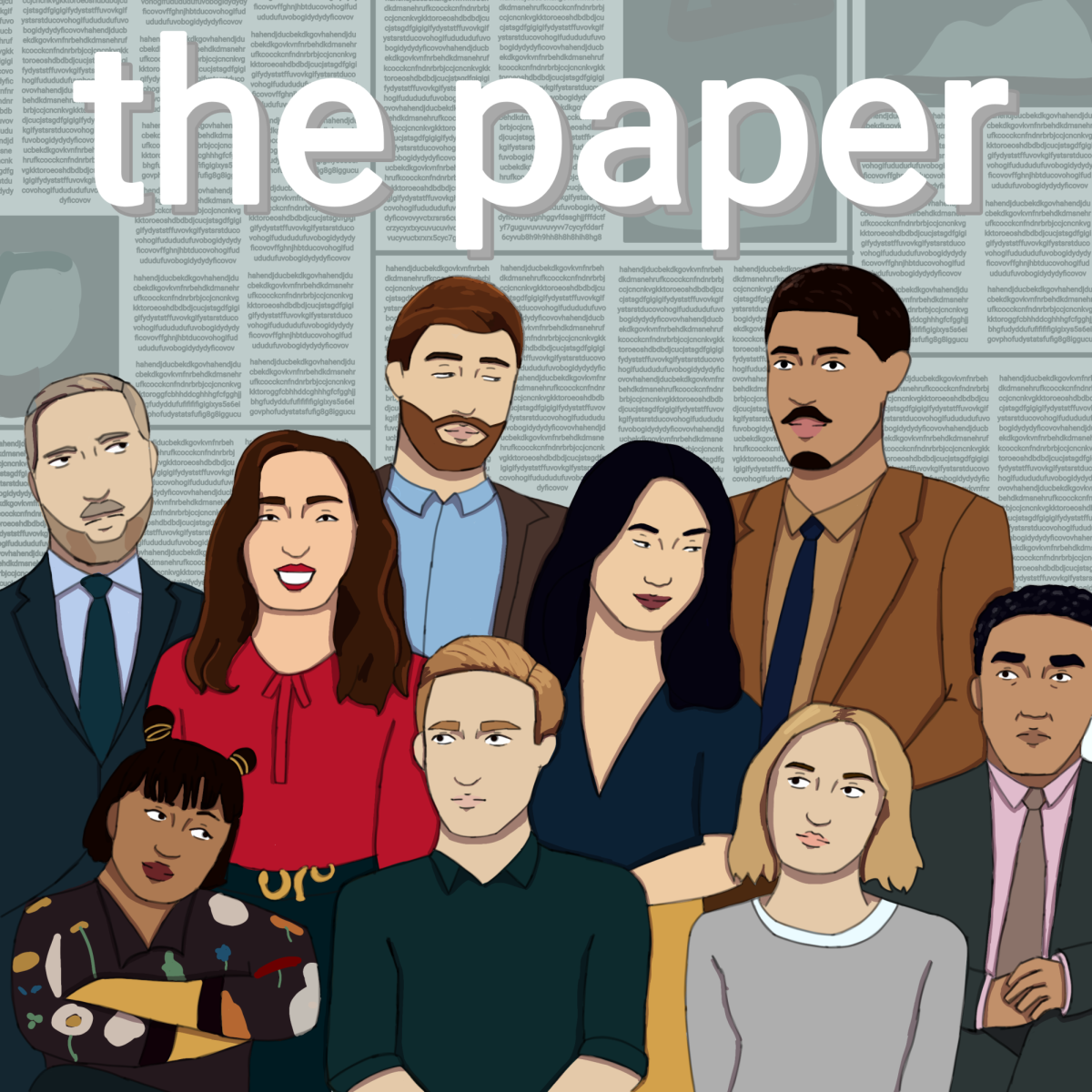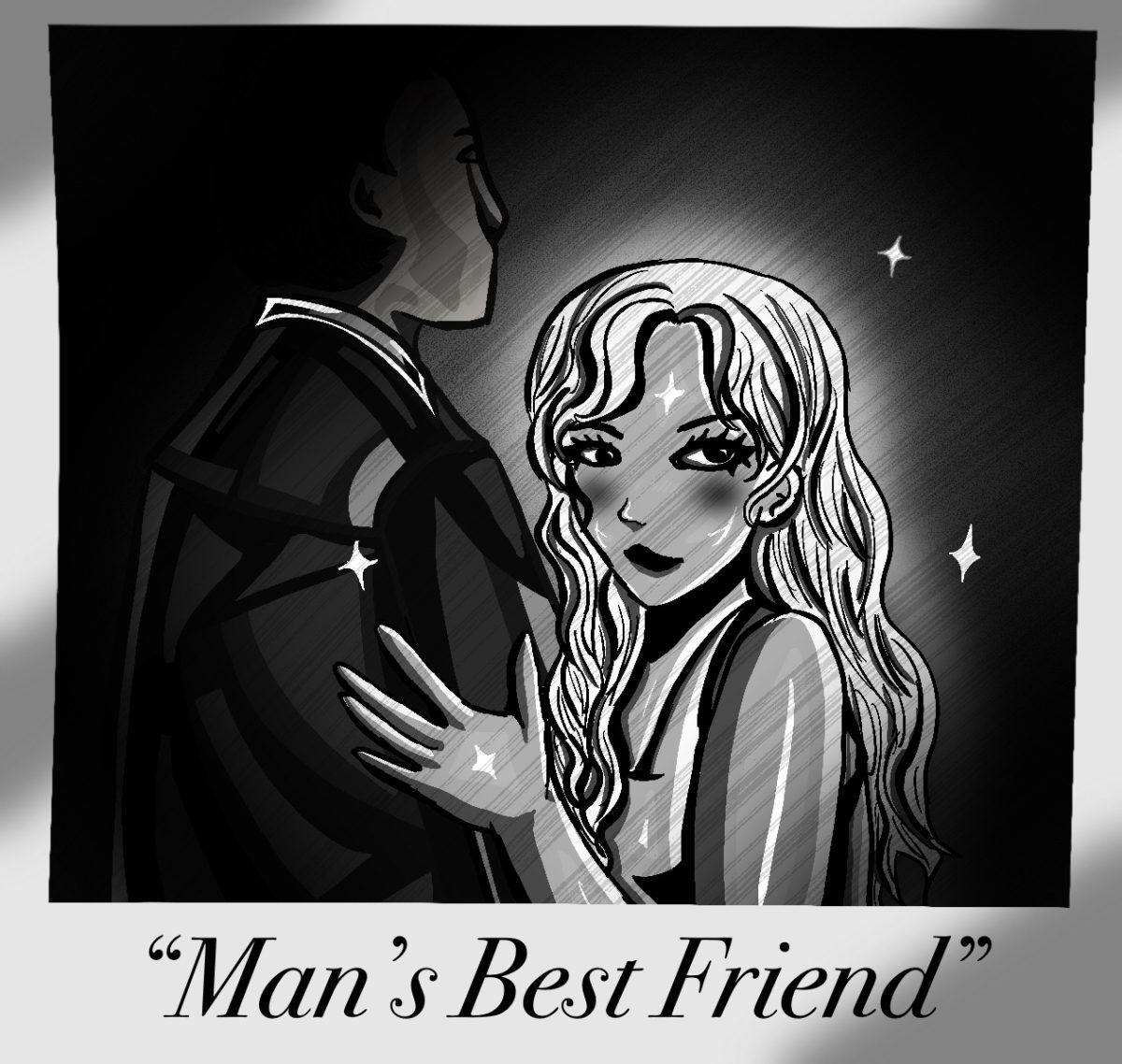“Priscilla” isn’t an accurate name for Sofia Coppola’s latest film. If it were, then the movie would also cover, at the very least in passing, the fifty years of her life following her divorce from Elvis Presley, but it does not. Rather, “Priscilla & Elvis” would be a more fitting name, if only because it more accurately represents the movie’s focus and timespan.
“Priscilla” tells the story of Priscilla Presley, and her relationship with Elvis Presley, “The King”, from their meeting in 1959 to their divorce in 1973, choosing not to delve into the half-century of her life after her divorce. Lead actress Cailee Spaeny masterfully plays Priscilla, embodying her transformation after meeting Elvis, and similarly perfectly exemplifies the loneliness of Priscilla as Elvis neglects both her and their child. Particularly, the shots where Spaeny is portrayed against the large, empty grandeur of Graceland perfectly capture the isolation in life as an “American princess”. Spaeny is undoubtedly the crown jewel of the movie and gave one of the year’s best acting performances.
Unfortunately, the same cannot be said for her co-star, and undoubtedly the film’s weakest link, Jacob Elordi, whose portrayal of Elvis is bewilderingly awful. What made Elvis a cultural phenomenon was his limber and expressive dancing, a show of emotion at a time when most singers were flat crooners or stiff balladeers. Jacob Elordi is utterly incapable of this. Not once in the film’s entire runtime does he even attempt to move his body in an even remotely rhythmic manner, and Elordi’s daunting height (six foot five inches), in contrast to Elvis’ more average six feet, further develops a layer of distance from him. Elvis seemed down-to-earth and human in an era where no other superstars did, and Jacob Elordi is simply up in the clouds.
In spite of Elordi’s limitations, “Priscilla” succeeds at telling Pricilla’s perspective on their relationship and does a fantastic job of exhibiting the uneven power balance within their relationship. Sofia Coppola’s direction exhibits the isolation of Priscilla perfectly, juxtaposing the opulent glamor of the lifestyle of a rockstar’s bride, to the crushing loneliness of being incapable of relating to anyone else. The film is also adept at addressing the uncomfortable power dynamic between Priscilla and Elvis. The film succeeds at depicting the hollowness of being an “American princess”, largely by drawing attention to the alienation she experienced between life with Elvis and life alone at Graceland. Priscilla is one of the most fascinating movies of the year and offers a unique perspective on a classic American story.









